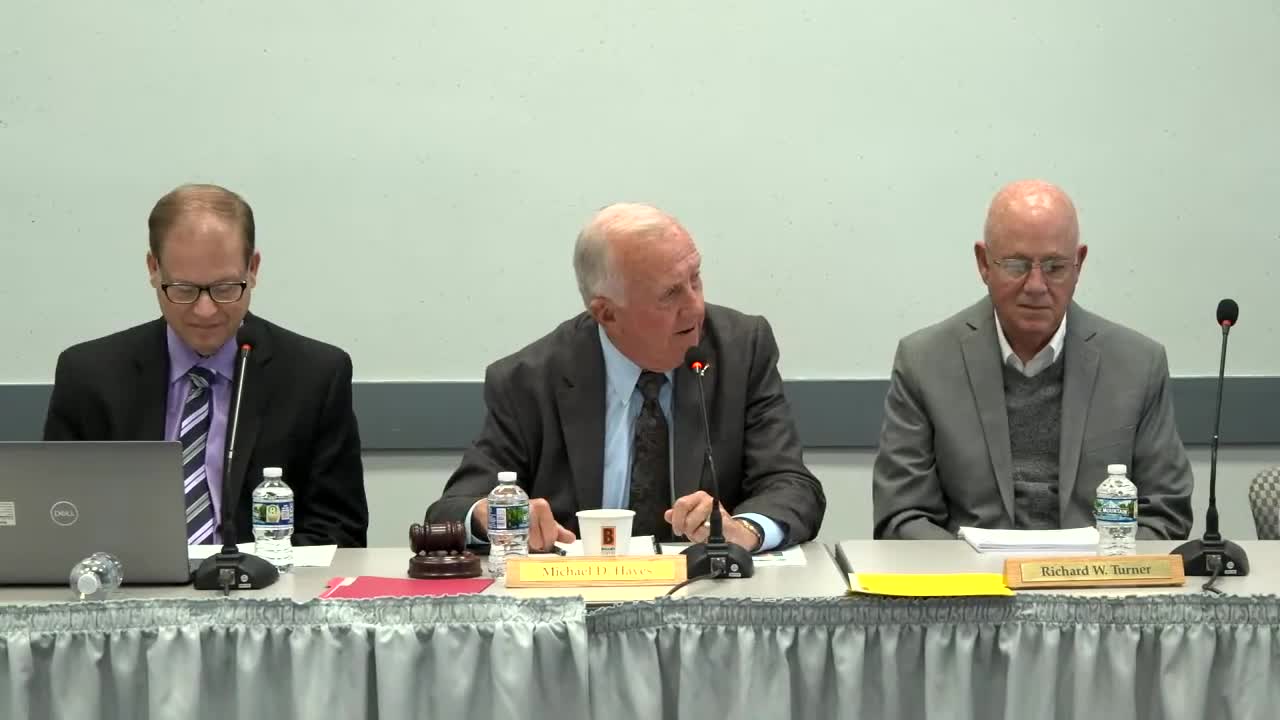MDOT director outlines $7.9 billion transportation budget, new funding package and pilot for road-usage charging
Get AI-powered insights, summaries, and transcripts
Subscribe
Summary
MDOT's director presented a high-level overview of a roughly $7.9 billion transportation funding picture and a new state funding package that restructures some revenue streams and adds targeted funding lines for local roads, bridges, transit, ports and trails.
MDOT's director presented a high-level overview of the department's budget and new state transportation funding package, describing roughly $7.9 billion in current transportation resources that flow through the department to local agencies and service providers.
At the start of his remarks the director said, “it's almost $7,900,000,000 to to transportation,” and then outlined the package's major elements: repeal of a previously appropriated $600 million annual income-tax transfer, a restructuring of the motor fuel tax to capture a portion of sales-tax-equivalent revenue and index the tax to inflation, and creation of a neighborhood roads fund funded primarily by 24% of the marijuana wholesale tax and by redirected corporate income tax revenue.
MDOT said the new funding package creates or expands several program lines: $100 million annually for local critical bridges in near term, a grade separation fund for railroad crossings, additional support for transit through existing funds and the Neighborhood Roads fund (including $35 million for operating support and $65 million for potential new projects), a maritime port fund, money for railroad heritage preservation, more non-motorized trail funding and an aeronautics allocation.
The director also described a statutorily directed study and pilot for road-usage charging to address declining fuel-tax revenue as vehicle fleets electrify. He said the pilot would be a technical, multi-agency effort and that road-usage charging would be "propulsion agnostic" and measured by miles driven rather than gallons of fuel sold.
Why it matters: MDOT told commissioners the package shifts revenue sources and provides targeted new funding for local roads, bridges, transit and other modes. Commissioners discussed the implications of the new revenue mix for long-term planning and how MDOT will balance asset-management priorities with mobility-focused investments.
Next steps and context: MDOT said it will stand up technical committees, coordinate with state partners (secretary of state, treasury, DTMB) for pilots and implementation studies, and include the package in planning and the five-year program update. The director said several items are one-time allocations while others represent ongoing changes in revenue structure.
